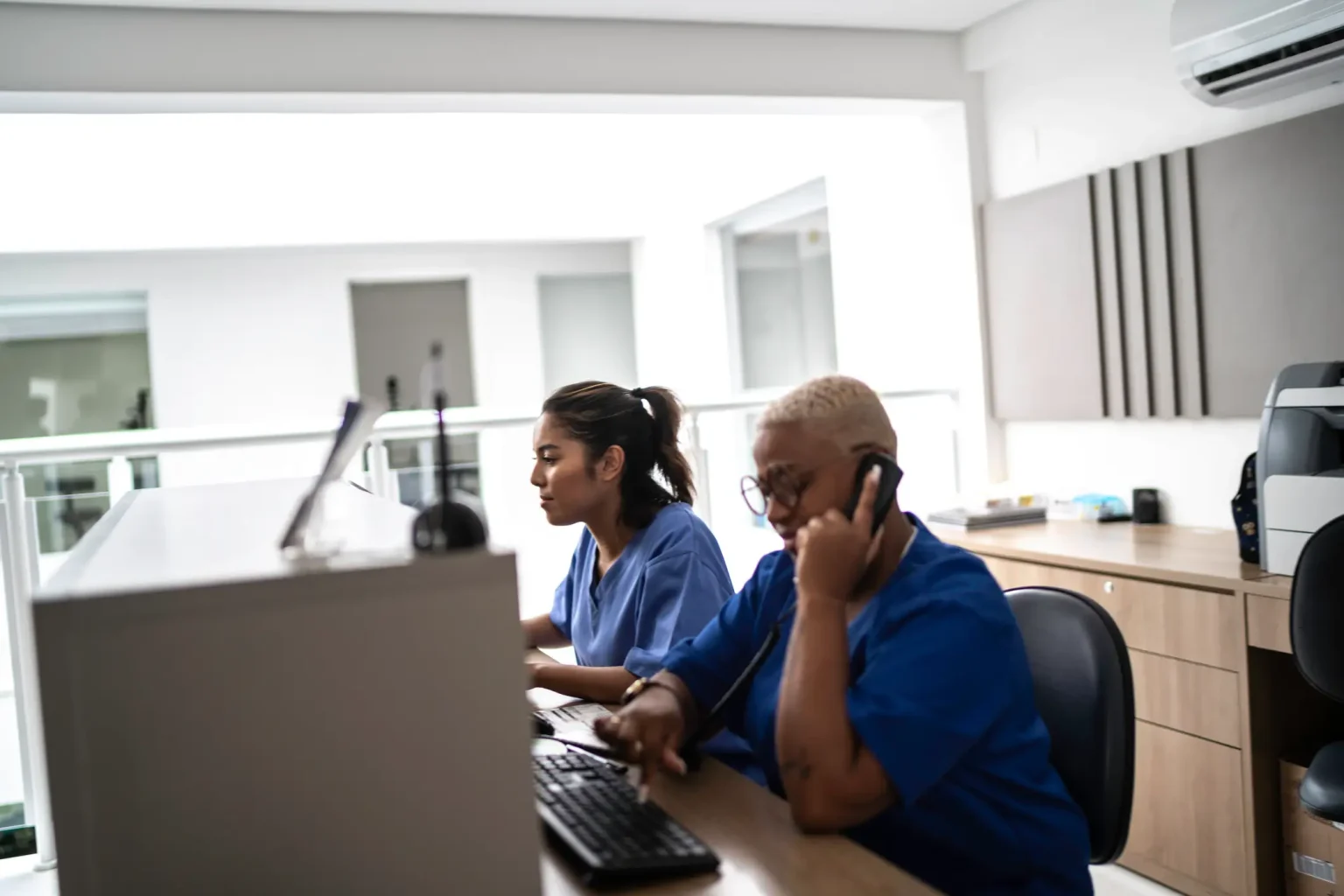
Program Path: Health and Wellness
Program Path: Healthcare
Are you ready to start working in the healthcare sector? The good news is that both medical assistants and practical nurses help their community and support patients in better managing […]


Program Path: Healthcare
Are you ready to support your community as a healthcare professional? You have options. Gwinnett College offers a Medical Office Assistant and Medical Assistant program to start a lifelong career […]
Call Us Today or Complete The Form at the Top of The Page to Take the Next Step Toward Your New Career!

Gwinnett
Colleges & Institute
Gwinnett Colleges and Institute cannot guarantee employment or a minimum starting salary upon graduation; however, placement assistance is available upon successfully completing the selected program.
For state authorization and accreditation information, please refer to the location page associated with the campus you are interested in.
Disclosures and Catalogs
For Consumer Information, Disclosures, and Course Catalogs, please click the above link.
Sources and related content